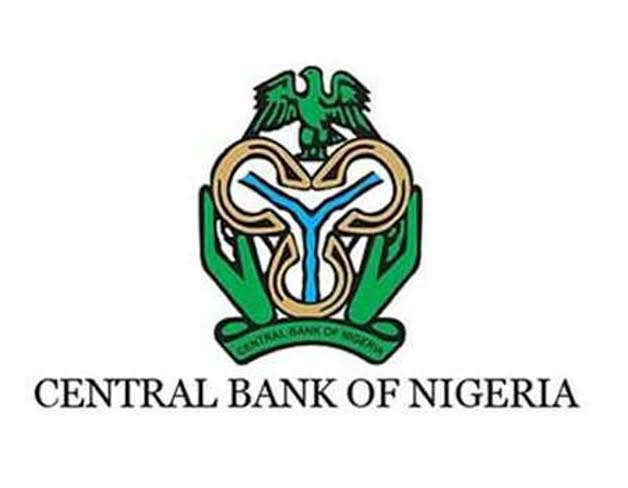The Central Bank of Nigeria (CBN) says the aggregate industry credit has risen from N15.3 trillion in May 2019 to about N17.4 trillion in January 2020.
SEE ALSO: Dangote bags Brevity Anderson honorary patron’s award
The CBN Governor, Mr Godwin Emefiele, disclosed this at a consultative roundtable meeting organised by the Bank in Abuja on Wednesday.
The roundtable has as its theme, “Going for Growth 2.0”.
He explained that the bank imposed restriction on access to OMO auctions in order to encourage banks to lend to the real sector.
He said the banking sector indeed responded positively which resulted to the rise in aggregate industry credit.
“One of the critical measures that helped to boost growth in 2019, was the impact of the Central Bank’s new minimum loan to deposit ratio, which was initially at 60 per cent and subsequently raised to 65 per cent.
“I am aware that these loans have been granted to borrowers across different sectors at considerably lower rates.
“Although a lot more still needs to be done. We intend to sustain these policy measures, as it will help support improved economic growth and create more employment opportunities,” he stated.
Emefiele, however, noted that in the last three years, the Nigerian economy had remained on a positive growth path as GDP growth had remained in positive territory for the 11th consecutive quarter, following the 2016 to 2017 economic recession.
He said in the 4th quarter of 2019, GDP growth stood at 2.55 per cent, which was the highest rate of quarterly growth attained since 2016, surpassing the expectation of several analysts, who had predicted a 2.2 per cent growth.
He stated that for the year 2019, GDP growth stood at 2.27 per cent relative to negative 1.6 per cent in 2016, highlighting the impact of fiscal and monetary policy measures that had helped support growth in critical sectors of the Nigerian economy such as Agriculture, Industry, Oil and Gas, and ICT.
Speaking on risk to growth, the governor said notwithstanding the current measures aimed at supporting growth, the country’s economy faced considerable challenges.
“GDP growth remains below our annual population growth rate at 2.6 percent. Second, our reliance on crude oil for more than 80 per cent of our foreign exchange earnings and 60 per cent of government revenues, means our economy is exposed to the impact of the coronavirus on crude oil prices”.
Emefiele noted that the purpose of the Roundtable Session was to address domestic and external challenges to growth required and to get input from critical stakeholders who could generate great and workable ideas and solutions.
“We must all work together in order to harness the true potential of our nation. This one-day roundtable session will address some of the measures needed to drive double digital growth rate in Nigeria”.

